Gough Family Crest, Coat of Arms & Gough Name Origin
|
|
|
|
|
| Return to Home page | Bookmark this page | Link to this page | Send a Gough Postcard |
| Find Your Name | ||||||||
| A | B | C | D | E | F | G | H | |
| I | J | K | L | M | N | O | P | |
| Q | R | S | T | U | V | W | X | |
| Y | Z | |||||||
Gough Family Crest


Origin of the Name Gough
The ancient history of the name Gough was found in the allfamilycrests.com archives.
Over the centuries Surnames developed a wide number of variants. Different spellings of the same name can be traced back to an original root. Additionally when a bearer of a name emigrated it was not uncommon that their original name would be incorrectly transcribed in the record books at their new location. Surnames were also often altered over the years based on how they sounded phonetically and depending on the prevailing political conditions it may have been advantageous to change a name from one language to another.
Variants of the name Gough
include McGeough, McGeogh and McGoff. Meaning 'red haired person', this was the nickname for a person with that type of hair, and originated in Wales as 'Coch'. This name is of Celtic origin and is found throughout England , Ireland , Scotland and Wales. It is found in many mediaeval manuscripts in these countries. An example of such is a Robert Gogh who was recorded in the ancient book 'Kirby's Quest' in the reign of Edward III. The surname is common in East Anglia where it was originally of Breton origin, introduced by followers of William the Conqueror. In Ireland two Gaelic septs have been anglicized Gough, they being O'Cuachain of the Hy Fiachrach located in County Mayo, the other being Mag Eothach which was a branch of the McKeoghs. The variants McGeogh and McGoff are also taken from the McKeogh sept, and are principally found in Counties Armagh, Monaghan and Louth. A well-known Welsh family of the name settled in Counties Dublin and Waterford in the thirteenth century.
The Gough coat of arms came into existence centuries ago. The process of creating coats of arms (also often called family crests) began in the eleventh century although a form of Proto-Heraldry may have existed in some countries prior to this. The new art of Heraldry made it possible for families and even individual family members to have their very own coat of arms, including all Gough descendants.
|
WONDERFUL GIFTS FOR EVERY OCCASION
Show Off Your Heritage With Our Range Of Top Class Gifts For Your Family Name! VERY LIMITED TIME OFFER: FREE DELIVERY!!! |
||
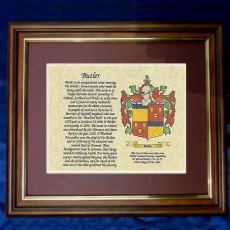 Parchment Prints: Framed, Unframed, Perfect  |
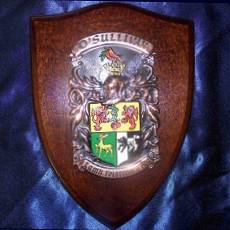 Researched Hand-Painted Plaques & Shields  |
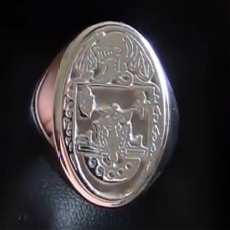 Incredible Hand-Engraved Signet & Seal Rings  |
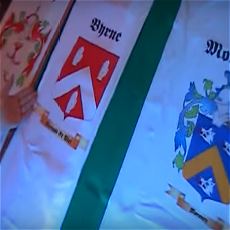 Get your Family Crest Flag, on Ireland or White background!  |
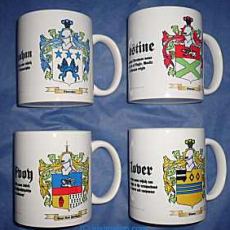 Personalized Coffee Mugs Make Thoughtful Personalized Gifts  |
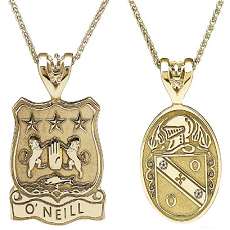 Engraved Pendants in Gorgeous Gold or Stylish Silver.  |